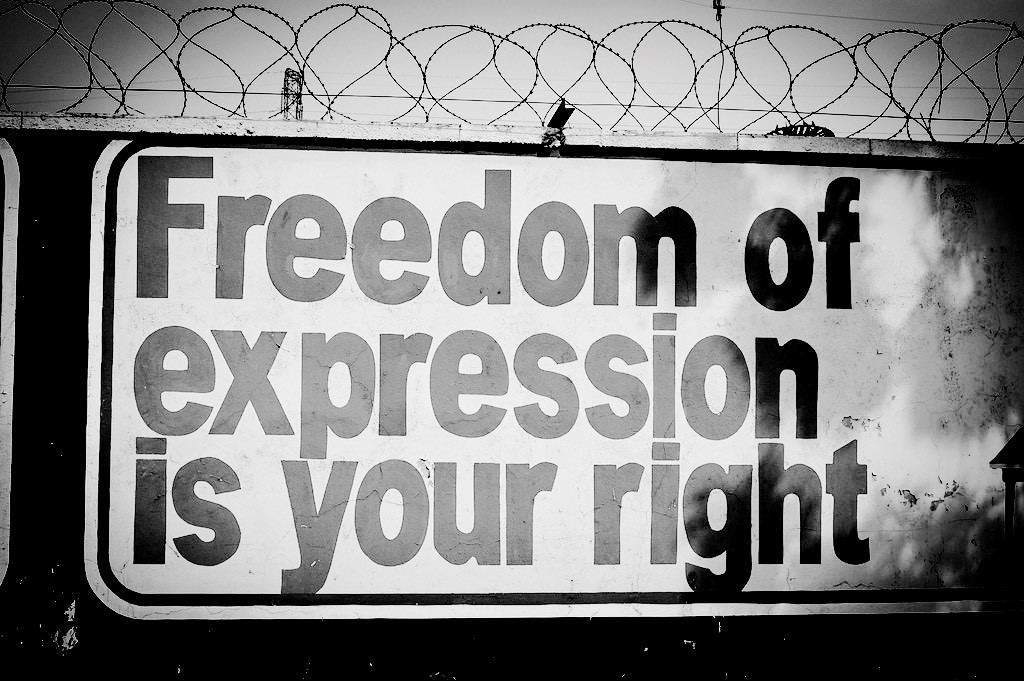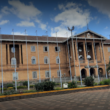NAIROBI,Kenya – In a significant step towards safeguarding fundamental rights, Justice Samwel Mohochi recently delivered a groundbreaking verdict, declaring subversion unconstitutional for violating freedom of expression in Kenya.
The ruling stemmed from a petition following the arrest of Joshua Otieno Ayika, charged with subversive activities due to a tweet done during last year’s cost-of-living protests, predicting a governmental takeover by the army within 90 days. Justice Mohochi found that Section 77 of the Penal Code was vague, overbroad and lacked clarity regarding purpose and intent, deeming it unnecessary in a democratic society.
The decision marks a pivotal moment in Kenya’s legal landscape, reflecting a paradigm shift towards prioritising people-centric laws and policies, over authoritarian measures aimed at shielding regimes from dissent. Historically, Kenya grappled with inadequate protection mechanisms for individuals and groups facing rights violations, lacking clarity on governmental obligations to promote, protect, and respect human rights while failing to clearly outline legitimate limits on rights.
Central to this legal evolution is the recognition of freedom of expression as an instrumental right, alongside the right to information. These rights empower individuals to articulate grievances, seek redress, and exercise their entitlements and claim their rights.
A society devoid of free speech, free flow of information and independent media risks uninformed decision-making, underscoring the interconnectedness of expression with access to information, belief, opinion, media freedom, association, protest and voting rights.
Rodolfo Dumas aptly encapsulates the essence of freedom of speech as emanating from the autonomy of thought and conscience, crucial for personal and societal development. Kenya’s journey towards ensuring unfettered expression spans pivotal historical milestones, from the struggle for independence to the Second Liberation and enactment of the 2010 Constitution, emblematic of a collective aspiration for inclusive participation and amplification of diverse voices.
However, an audit of Kenyan laws reveals a disconcerting array of provisions potentially infringing on constitutional freedoms by curbing expression outside prescribed parameters. Article 24 of the Constitution stipulates the “three-part test”, stringent criteria for any limitation on fundamental freedoms, necessitating laws to be clear, pursue legitimate aims, and be necessary and proportionate in a democratic society.
Despite these constitutional safeguards, several laws persist, stifling civic engagement and constricting the public sphere. The Judiciary has been instrumental in rectifying this, striking down laws on criminal defamation, “undermining public officer authority”, targeting negative messages sent to any government official, and “misuse of telecommunication systems”, targeting any upsetting message sent through a phone or computer. This particular provision was especially used to target online expression critical of county and national government actors, especially those discussing corruption and bad governance.
Yet, challenges persist, with provisions in the 2018 Computer Misuse and Cybercrimes Act facing scrutiny for encroaching on online expression rights. For instance, Sections 22 and 23 simultaneously criminalise “false publication” and sneak back criminal defamation. Observers note that the government cannot be legitimately allowed to be the arbiter of truth in an open and democratic society. Besides, the truth can be very subjective.
Moving forward, Parliament must spearhead a comprehensive review of laws hindering civic space, engaging stakeholders to enact reforms aligning with constitutional principles. Active citizenship, advocacy, and judicial oversight remain crucial in upholding freedom of expression as a cornerstone of democratic governance in Kenya.
Justice Mohochi’s verdict signifies a triumph for liberty and democracy, reaffirming Kenya’s commitment to fostering an inclusive and rights-respecting society. It underscores the imperative of continuous vigilance in safeguarding constitutional freedoms.
The author Demas Kiprono is the Ag. Executive Director ICJ Kenya. This article was first published on the Standard.







